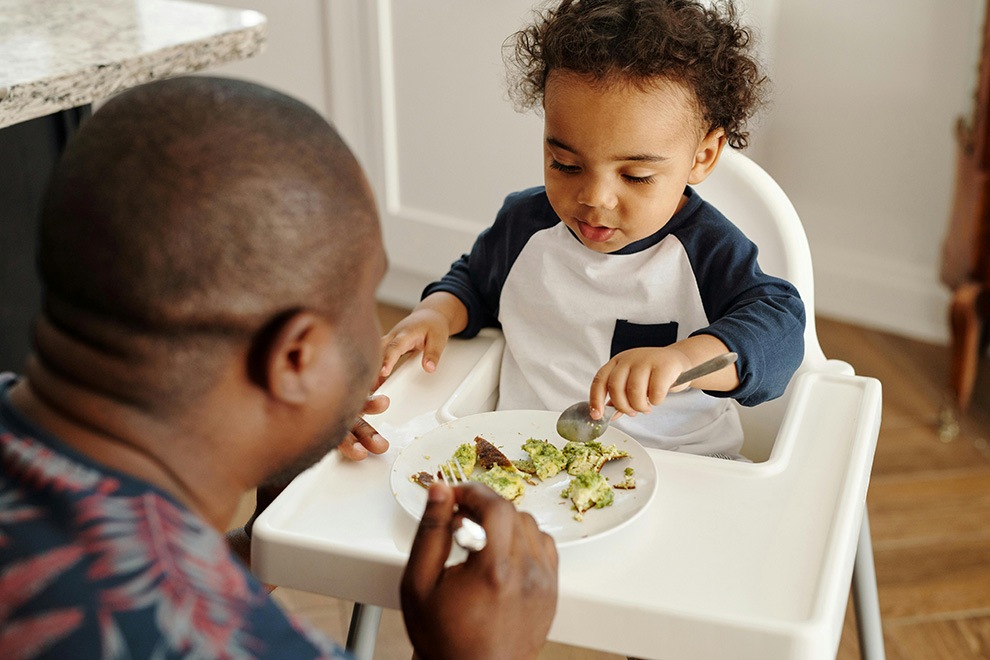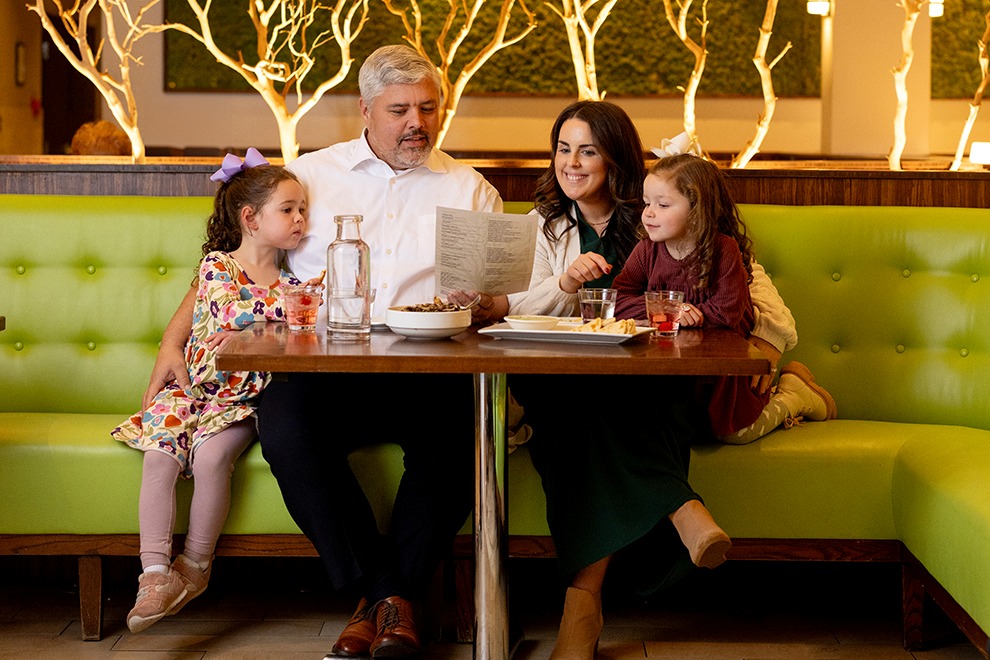In recognition of National Immunization Awareness Month (August), Planned Parenthood is encouraging parents to get their children, both boys and girls aged 11-12, vaccinated for the human papillomavirus (HPV). The month reminds all people to protect their health by getting immunized against infectious diseases.
New data from the Centers for Disease Control and Prevention (CDC) shows that despite an increase in vaccination coverage since 2012, the number of girls and boys aged 13-17 years receiving the HPV vaccine remains very low. Only 57 percent of adolescent girls have received one or more doses of HPV vaccine and adolescent boys lag behind at 35 percent.
The data also demonstrated the important role clinician recommendations can play in parents’ decisions to vaccinate their children. Seventy-four percent of parents who vaccinated their daughters against HPV and 72 percent of parents who vaccinated their sons received recommendations from a health care professional.
“As a doctor, I know how important recommendations are to parents when it comes to vaccines,” said Dr. Vanessa Cullins, vice president of external medical affairs, Planned Parenthood Federation of America. “The HPV vaccine is recommended for adolescents aged 11-12 and approved for use up to age 26. Research continues to show that the HPV vaccine is safe and highly effective in preventing HPV-related cancers. National Immunization Awareness Month serves as a great reminder for parents to ask their children’s doctors about the benefits, safety, and availability of the HPV vaccine.”
Planned Parenthood plays a key role in educating parents and adolescents about the HPV vaccine and providing vaccinations. Today, the vast majority of Planned Parenthood health centers provide the HPV vaccine (more than 550 of the more than 700 health centers provide it), and in 2012, Planned Parenthood health centers provided nearly 40,000 HPV vaccinations.
“As the nation’s leading provider and advocate of high-quality, affordable health care for women, men, and young people, Planned Parenthood is proud to provide parents with information and education about vaccinating their children against HPV,” said Cecile Richards, president, Planned Parenthood Federation of America. “This month, we encourage parents and young adults to visit their health care provider to discuss the benefits of getting vaccinated against HPV.”
The only way you can totally protect yourself against HPV is to avoid any sexual activity that involves genital contact. If you are having any kind of sexual contact:
- Get the HPV vaccine. Talk to your doctor or health care professional to learn more about getting vaccinated.
- Use a condom. Condoms may lower the risk of HPV if used correctly every time you have sex. However, HPV can be transmitted from skin-to-skin contact and it can infect areas that are not covered by a condom — so condoms do not fully protect against HPV.
- Get a regular Pap test starting at age 21. While a Pap test doesn’t directly diagnose HPV, it can look for abnormal cells (that are caused by HPV) in the cervix before the cells become pre-cancer or cancer.
Planned Parenthood believes that everyone deserves access to affordable, quality health care, and is here to help you stay safe and healthy. To find a Planned Parenthood health center near you, or to find more information about HPV, visit plannedparenthood.org.




